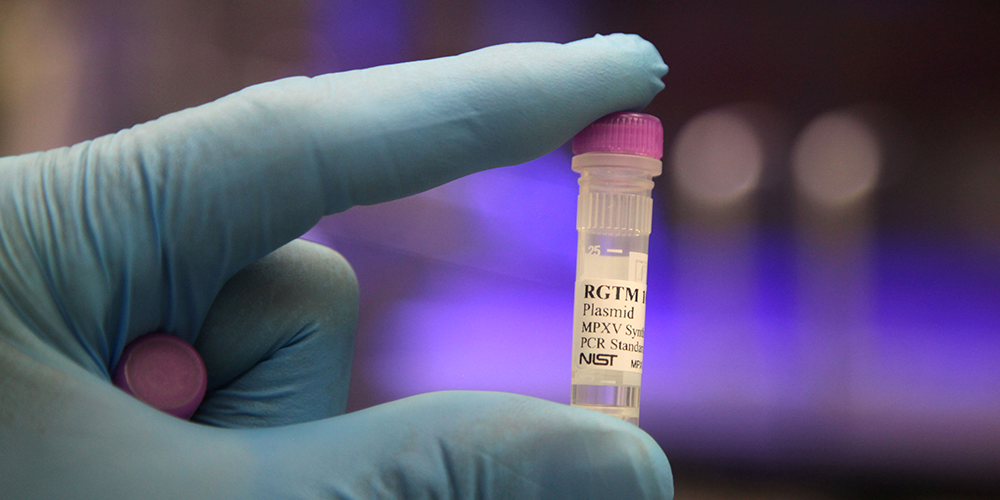In October 2022, CDC’s National Wastewater Surveillance System began routine testing of U.S. wastewater for the Monkeypox (Mpox) virus. Wastewater surveillance sensitivity, positive predictive value (PPV), and negative predictive value (NPV) for the Monkeypox virus were evaluated by comparing wastewater detections (Monkeypox virus detected versus not detected) to numbers of persons with Mpox in a county who were shedding the virus. Case ascertainment was assumed to be complete, and persons with Mpox were assumed to shed the virus for 25 days after symptom onset. A total of 281 cases and 3,492 wastewater samples from 89 sites in 26 counties were included in the analysis. Wastewater surveillance in a single week, from samples representing thousands to millions of persons, had a sensitivity of 32% for detecting one or more persons shedding the Monkeypox virus, 49% for detecting five or more persons shedding the virus, and 77% for detecting 15 or more persons shedding the virus. Weekly PPV and NPV for detecting persons shedding Monkeypox virus in a county were 62% and 80%, respectively. An absence of detections in counties with wastewater surveillance signified a high probability that a large number of cases were not present. Results can help to guide the public health response to Monkeypox virus wastewater detections. A single, isolated detection likely warrants a limited public health response. An absence of detections, in combination with no reported cases, can give public health officials greater confidence that no cases are present. Wastewater surveillance can serve as a useful complement to case surveillance for guiding the public health response to an Mpox outbreak.


